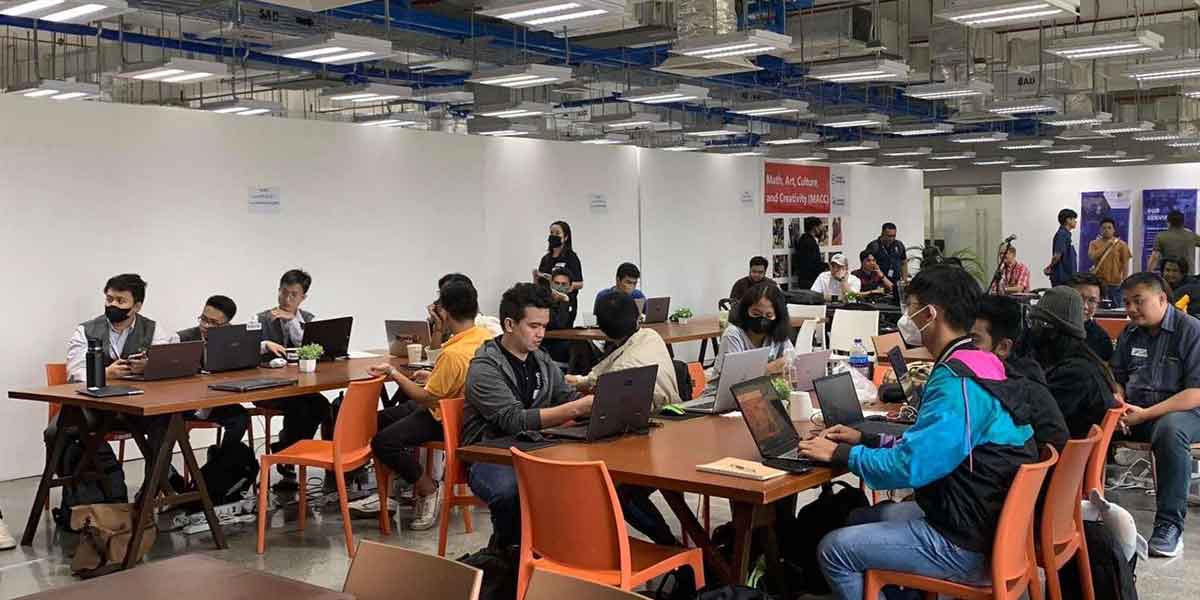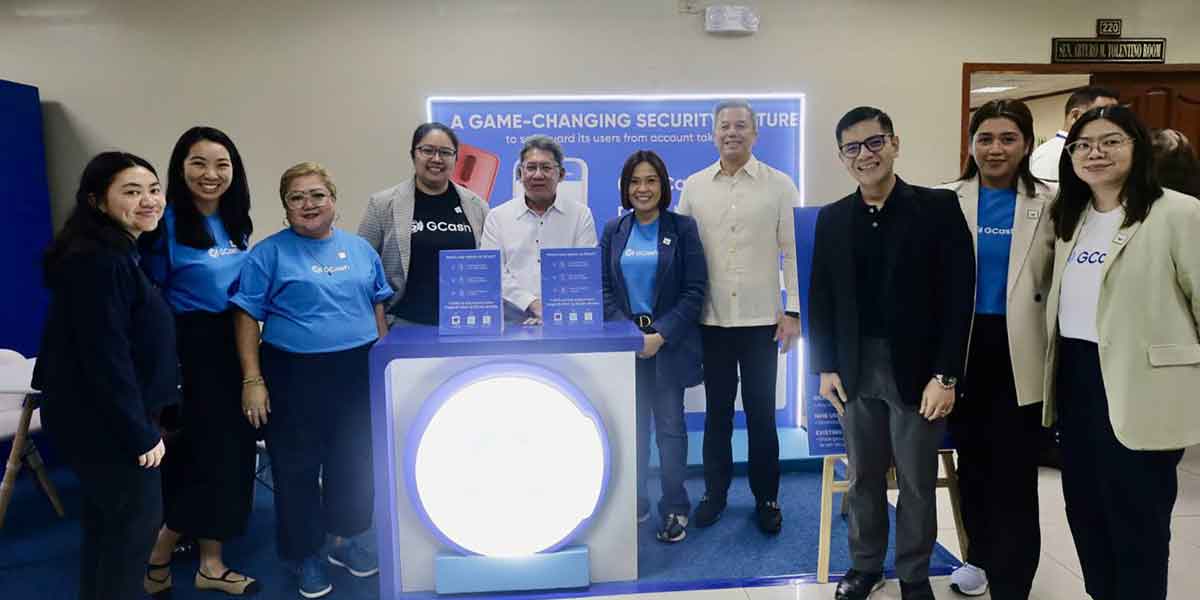
By Joseph B.A. Marzan
The region’s cybercrime office revealed Friday that the top crimes committed via the internet in the city and province of Iloilo include libel, scams, and voyeurism.
The Regional Anti-Cybercrime Unit-6 (RACU-6) is the regional arm of the Anti-Cybercrime Unit of the Philippine National Police (PNP), headquartered at Camp Crame in Quezon City.
The RACU-6 is based in the Police Regional Office-6 headquarters at Camp Martin Delgado in Iloilo City.
The said unit was established under Republic Act No. 10175 (Cybercrime Prevention Act of 2012) where Section 10 mandates the PNP to establish a unit which will separately handle cybercrime cases.
They handle digital forensic examinations and conduct investigations on cybercrime cases such as online libel, online scams, and any other crimes committed through and with the use of information and communications technology.
There are two types of cybercrimes punishable under the said law:
– “Core” cybercrimes, which are committed solely through the use of technology; and
– Cyber-enabled crimes, which have been crimes for a long time but have been expanded and aggravated by the use of technology.
Patrolman Emerito Frutas, forensic examiner of RACU-6, told Daily Guardian on Air Friday that libel and scams have been punished traditionally by older laws such as the Revised Penal Code (RPC) and special penal laws.
These crimes however, according to Frutas, have been “leveled up” because of computers/gadgets and internet, especially social media platforms.
Libel is punishable under Article 355 of the RPC, and Sec. 4(c)(4) of R.A. 10175 also punishes libel committed through the use of a computer system or other similar means based on the RPC provision.
As to how they track down cybercrime offenders, Frutas explained that they coordinate with establishments that might have data on the culprits, such as remittance centers and banks.
He said that they either coordinate with these centers, which they have found to be cooperative, or secure a Warrant to Disclose Computer Data.
The application and issuance of the warrant is provided in Sec. 12 of R.A. 10175.
Frutas said they obtain the warrant in compliance with other laws, such as R.A. 10173 (Data Privacy Act of 2012) and R.A. 1045 (Bank Secrecy Act).
“If they are using dummy accounts, we find it really hard and it is such a huge challenge to us. But there is a way. We will not stop until we have resolved it, what we do is we coordinate with, for example, remittance centers where they have sent or received money, which are very cooperative. Sometimes, we also ask the courts to grant a warrant to disclose computer data, which we show to remittance centers and banks so they can provide us data. To avoid problems, we go through the legal means,” Frutas said.
He added that in the city and province of Iloilo alone, RACU-6 recorded mostly cases of online libel, online scams, and online voyeurism.
The RACU-6 had filed 20 online libel cases in 2020 in Iloilo City alone and is also currently investigating an online scam where a woman allegedly lost PHP700,000.
As to online voyeurism, Frutas said that most cases involved college-level females whose private videos are spread, or are being threatened to be spread, online allegedly by their ex-boyfriends.
Out of these three top crimes, he said that online scams have increased the most due to the coronavirus disease 2019 (COVID-19) pandemic.
He also mentioned “romance scams”, which are targeted towards women, by both Filipinos and foreigners, where they earn the victims’ trust and extort money in exchange of non-existent goods which were purportedly sent through packages.
“Online scams have increased a lot during this pandemic, since almost all transactions have shifted online. Aside from that, there have been many businesses coming up online because many lost their jobs. These victims saved up a little and are looking to start their small business online, so they stumble upon suppliers. Unfortunately, they meet these bogus suppliers who trick them into buying then cutting off contact through ‘blocking’ on social media,” he said.
Frutas also discussed cases of cybersex crimes, which are punished under Sec. 4(c)(1) of R.A. 10175.
The said section defines cybersex as the “willful engagement, maintenance, control, or operation, directly or indirectly, of any lascivious exhibition of sexual organs or sexual activity, with the aid of a computer system, for favor or consideration.”
He said that these are usually done through pimps, commonly known in Filipino as “bugaw”, who provide social media accounts of females who engage in prostitution.
RACU-6 is currently monitoring two suspects in the region who are said to have been engaged in these acts in the disguise of offering massage services.
“We are monitoring identified suspects, and hopefully by the end of March we catch them along with scammers,” he said.
As to online child pornography, Frutas said RACU-6 is actively coordinating with the Department of Justice, the Department of Social Welfare and Development, and municipal social welfare and development offices.
The crime of Child Pornography is punished by R.A. 9775 (Anti-Child Pornography Act of 2009) and is also punished as a cybercrime with a heavier penalty under Sec. 4(c)(2) of RA 10175.
Frutas said child pornography is usually patronized by foreigners, which is why they also tap experts in Information Technology (IT), specifically in cybersecurity and use Virtual Private Networks (VPN) to hide their Internet Protocol (IP) addresses.
Frutas said they last monitored child pornography in Iloilo in 2017.
“Together we are monitoring online, and we are trying to see if there are cases of online prostitution involving children. It is not visible in our country. We seldom see these because they are hidden. Admins of these child pornography sites are good in IT. We call in our cybersecurity [experts] and we have to use VPN software to hide our IP addresses, so we can see the content, otherwise we cannot see these websites,” he said.
Frutas gave the most important advice when on the internet, which was to “trust no one”, whether on social media or online transactions.
“First and foremost, trust no one on the internet. We all know that the identities of persons on Facebook are virtual identities only. It’s easy to hide. Sometimes, you may even find your friends online, but there may be someone else behind the accounts because it may be hacked or their identity was completely stolen. When you engage in online transactions, verify first if they are legitimate. Usually the problem with online buyers is that they don’t do a legitimacy check,” he said.



















